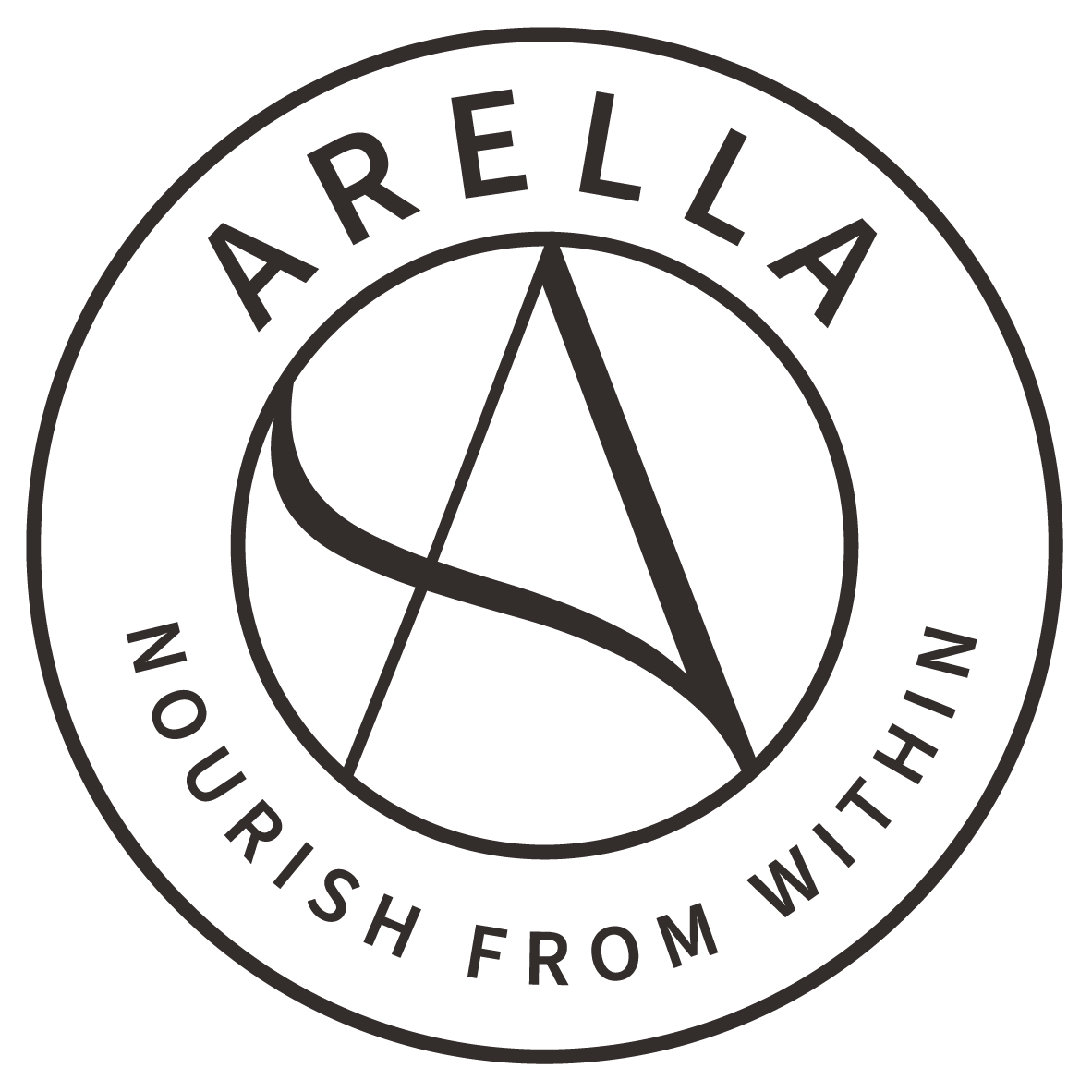
It’s 11 pm. You glance at the clock, knowing you should go to bed. But Netflix left you on a cliffhanger, so you decide to watch one more episode. You finally peel yourself away from the sofa, but wait! You haven’t put the laundry away. You decide to do that first, and then it’s time for sleep.
You’re just about to hit the sack, you swear. But somehow you’re on your phone. When did that happen?
An hour later, guilt gets the better of you, and you rush to bed, willing yourself to fall asleep. You wake up tired and groggy, and the same thing happens on repeat. It’s what’s known as bedtime procrastination.
Procrastinating on sleep isn’t uncommon, and we’re here to tell you why it happens and what you can do about it.
You Procrastinate to ‘Delay’ the Next Morning

It sounds strange, but the mind can trick you into ‘delaying’ the following morning. Of course, you can’t delay time. It happens whether you like it or not. Your head hits the pillow, and suddenly it’s 7:00 am and time to face another next day. But if procrastinating on sleep doesn’t change anything, why do you do it?
This form of bedtime procrastination is because you have morning anxiety. You want to avoid getting up because the next day is full of things you don’t want to face. Maybe you don’t want to look after the kids. You dread going to work, or you have an exam.
How to Stop ‘Delaying’ the Next Morning
If procrastinating to avoid the following day resonates with you, consider why and see what you can do about it.
For example, if you hate your job, put a plan into place to leave. Perhaps you need support around the house, or a well-earned break. If you can’t change your situation immediately, think about how you can make a shift in the near future.
You're Doing What’s Known as ‘Sleep Revenge’

Long work hours, running a business or looking after kids all cut into your leisure. At times like this, it can feel like your life is nothing but grind. To rectify the situation, many people are doing what’s known as sleep revenge.
Revenge bedtime procrastination is when you deliberately delay going to bed, even though you know it's cutting into your sleep. It's payback on the working day because it took so much of your me-time.
How to get enough leisure time

If you don’t have time to relax in the evening, try getting extra time with the best morning routine. That way, you can do pleasurable activities before you even start work.
Rising early allows you to take a breather. You can sip a coffee and even watch your favourite show before starting the day. Use the evening beforehand to prepare for the next day so it doesn’t cut into your morning leisure time.
Of course, it’s still essential to unwind before bed, but switch to a simple evening routine rather than trying to cram in as much as possible. If you struggle to get up in the morning, then try Arella Rise - Morning Energy Supplement. It’s infused with ginseng to get you ready for the day.
You Have Poor Sleep Hygiene

Sleep hygiene is when you have good sleep practices to help you get a restorative night’s rest. Whereas, poor sleep hygiene negatively affects your sleep. Signs you have bad sleep hygiene include:
- Caffeine late at night - Caffeine keeps you awake, so avoid drinking it after 4 pm.
- Excessive screen time - Spending hours in front of the telly, working too late, or being glued to your phone affects sleep quality.
- Lack of energy - If you’re struggling with energy, then it’s a sign that you need to improve your sleep hygiene.
-
Your bedroom is noisy and not dark enough - Excess noise and light coming into your bedroom disrupts sleep. Use earplugs and a sleeping mask for a better sleep environment.
Read more: Always Tired? Why You're Exhausted and How to Fix It.
Have a Bedtime Routine to Improve Sleep Hygiene
Children and babies have sleep routines, and it turns out that you never grow out of needing a bedtime routine!
An evening routine for better sleep will wind you down, reduce stress and increase happiness. It also gives you direction, so you know how to spend your evening rather than staying frozen in front of Netflix.
You’re Not Sleeping Well

One disturbed night’s sleep is bad enough. But, if you’re repeatedly tossing and turning, you start to dread bedtime. Stress affects your sleep and can raise its head in the form of burnout, anxiety, or depression.
Here are our top tips if you’re struggling with a bad night’s sleep:
- Improve your gut health - Your gut has a massive impact on sleep because it regulates your sleep hormone. Learn how to nurture your gut health for a good night's rest.
- Use stress reduction techniques - Implementing tips to reduce stress helps your body and mind relax for a better night’s sleep.
- Take sleep supplements - Getting a helping for sleep does the world of good. The Arella Dream - Calming Sleep Supplement uses calming herbs and minerals to help you drift off.
You’re Addicted to Screens

Screens are sleep’s worst nightmare. They’re a time sucker and quickly sap away your evening. The worst thing is they’re designed to hook you on an endless loop so that you never leave.
Try limiting your screentime when watching TV. You can also charge your phone in another room so you don’t get trapped in the scroll cycle. Alternatively, you could swap TV time for something screen-less, like journaling, a bubble bath, or catching up with a friend.
Wind Down With Arella Beauty

Avoiding going to bed never feels good. But figuring out why you put off bedtime is the first step to breaking the habit. And, with the help of Arella Beauty, you can reduce sleep procrastination and slip into a peaceful slumber.
Try Arella Dream - Calming Sleep Supplement Now
Read next:
- 10 Evening Routine Tips for Better Sleep
- How To Reduce Hormonal Stress
- The Beautiful Benefits of Vegan Collagen for Gut Health
_
Written by Emma Carey for Arella Beauty.
Emma is a holistic beauty and wellness writer. She has three years of experience in the well-being industry and a Master’s degree in Creative Writing and Wellness. Check out her portfolio and follow her on Instagram.





